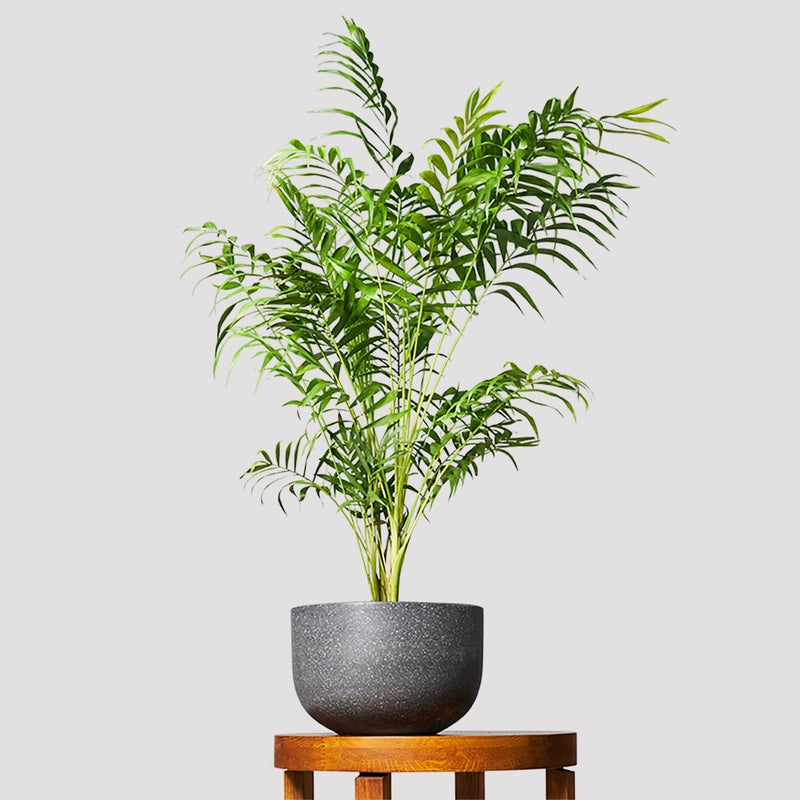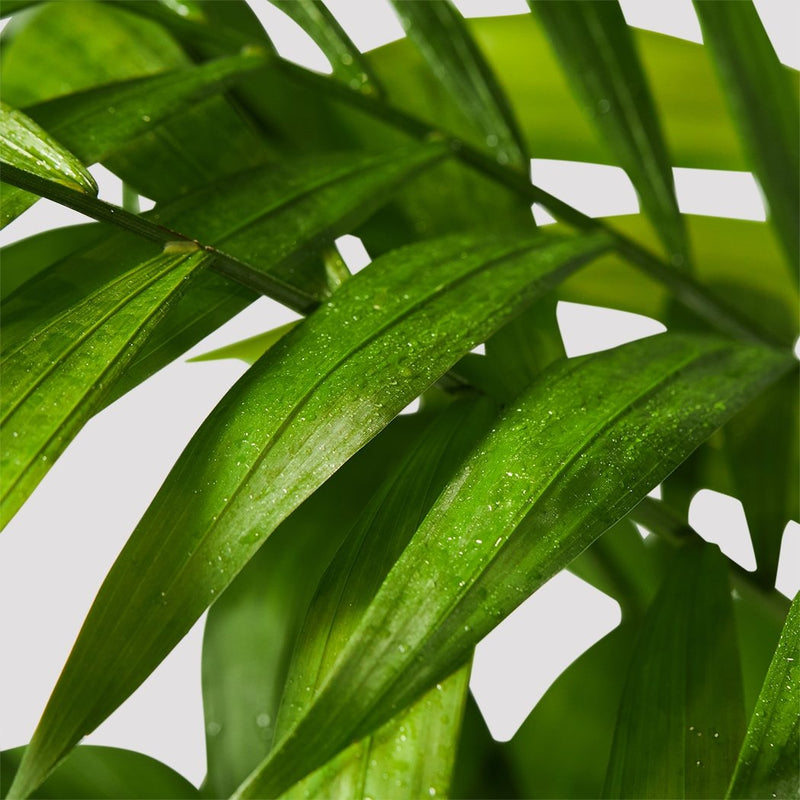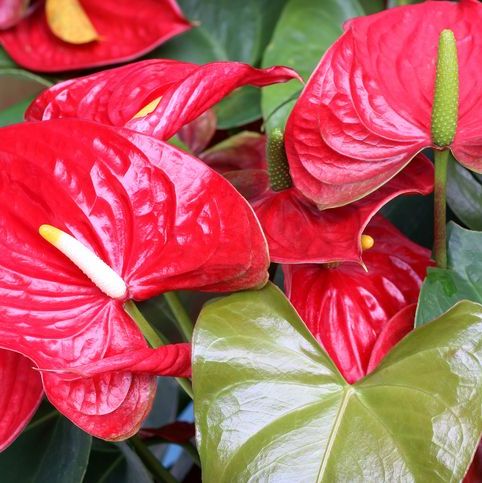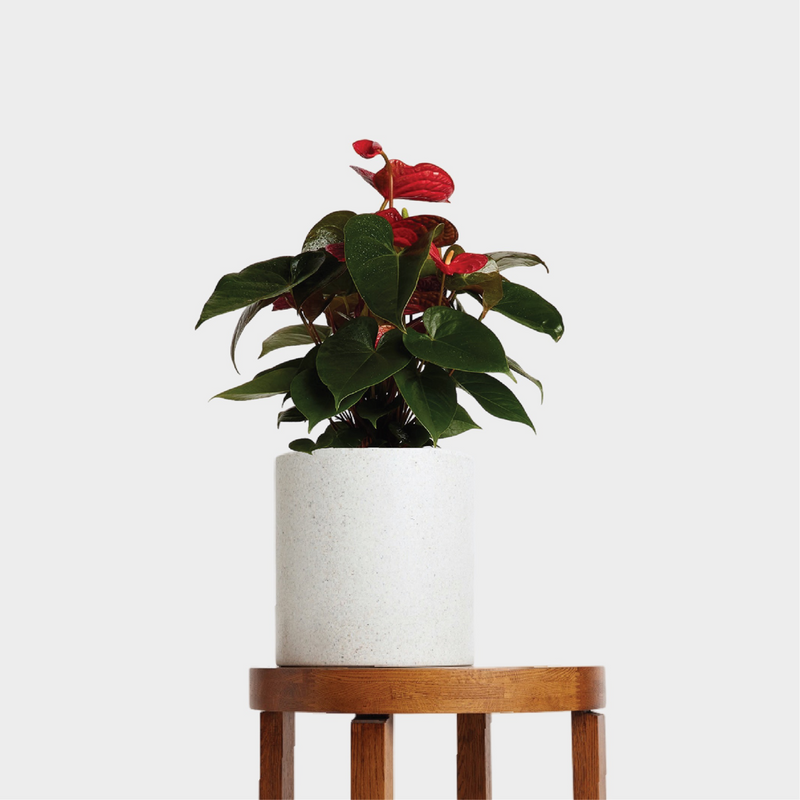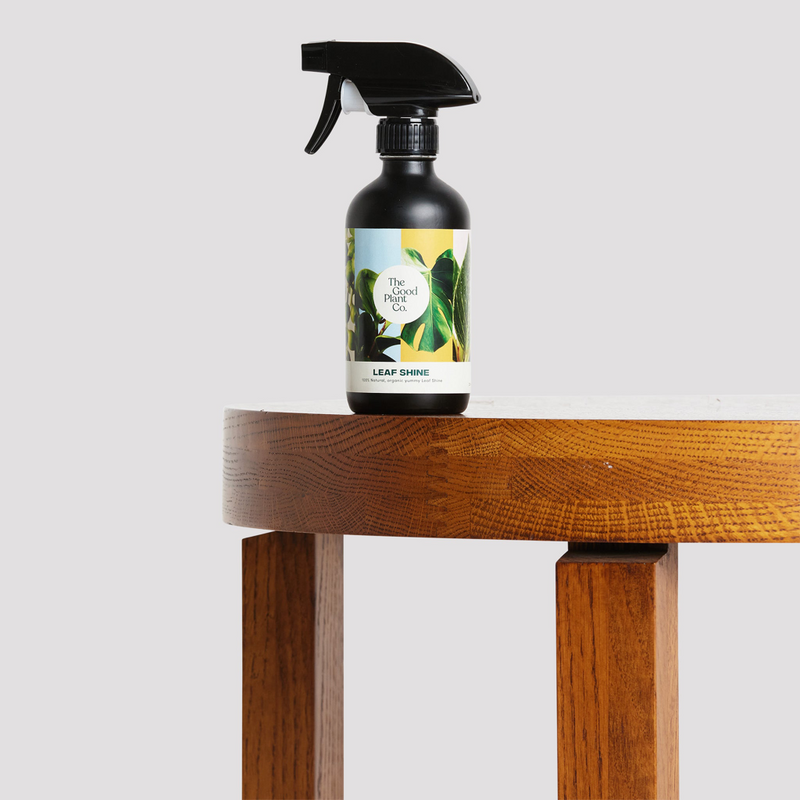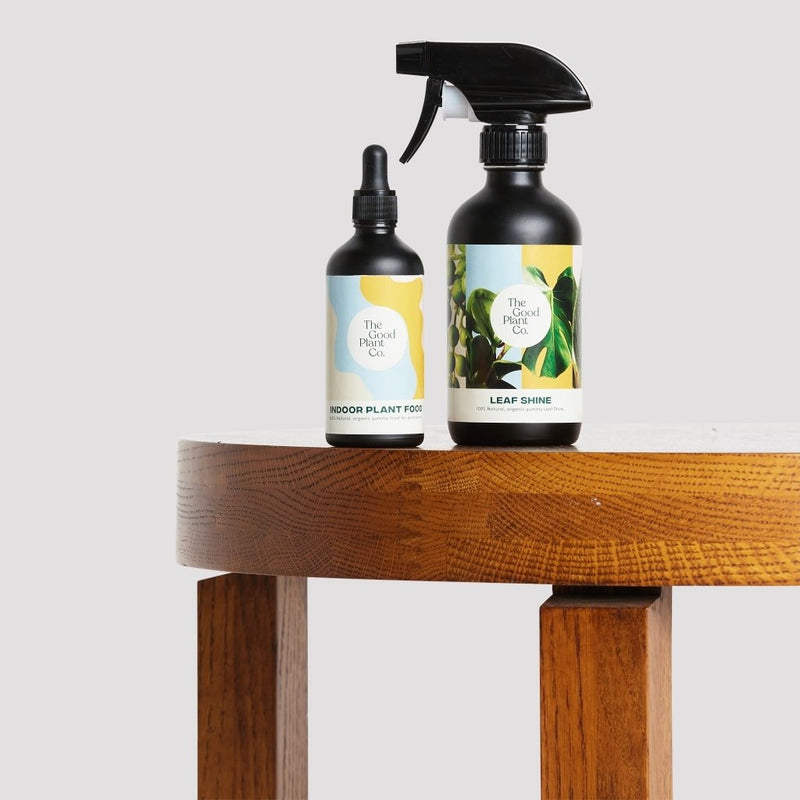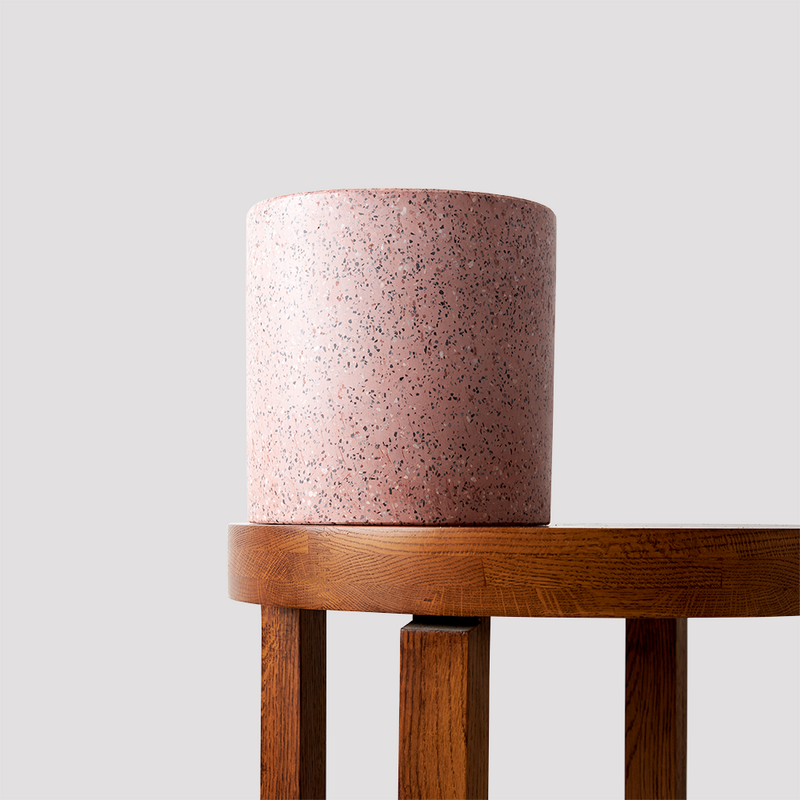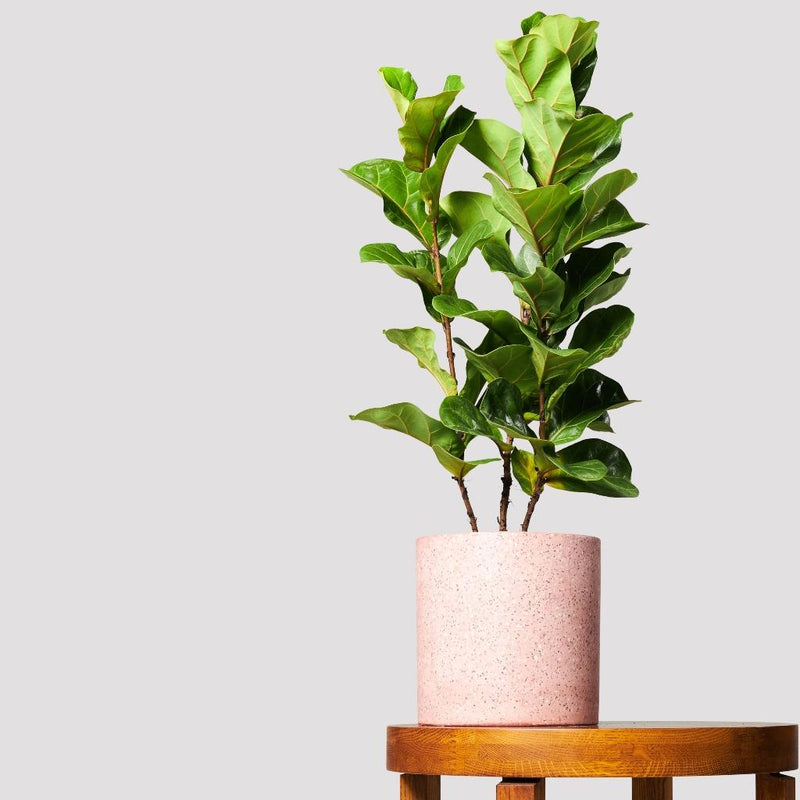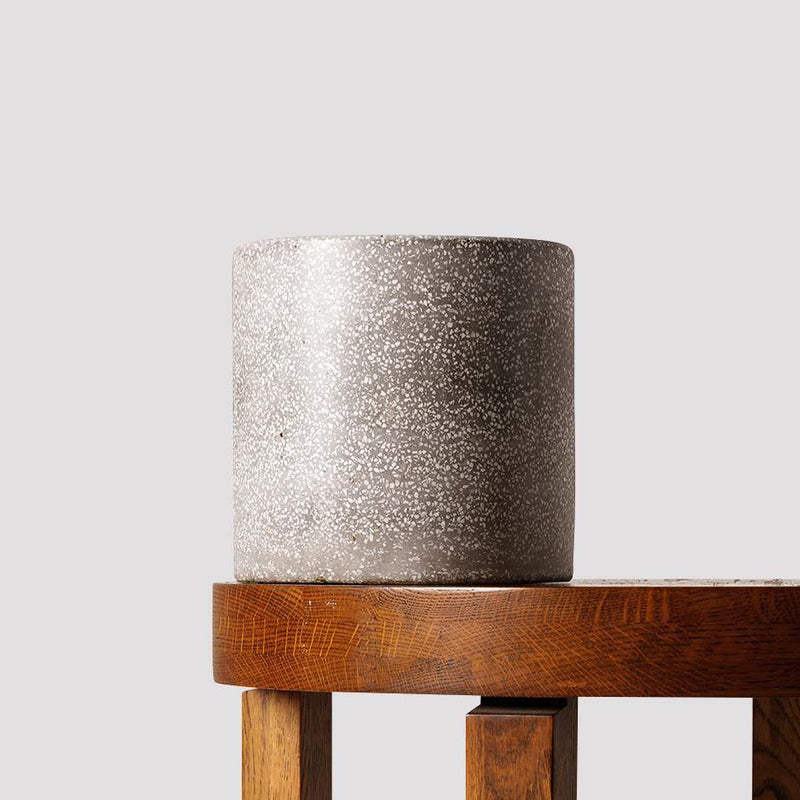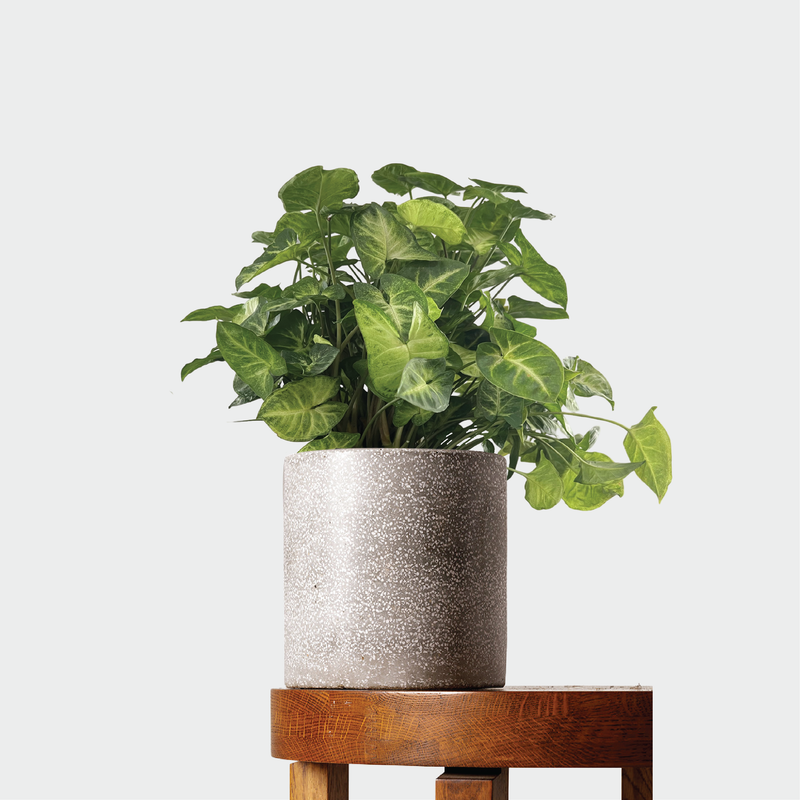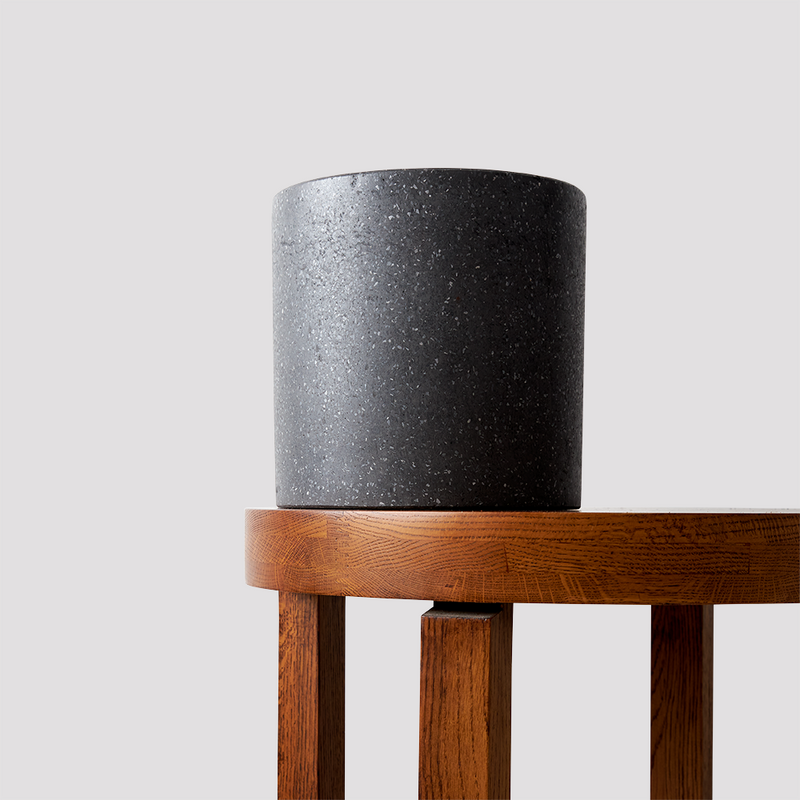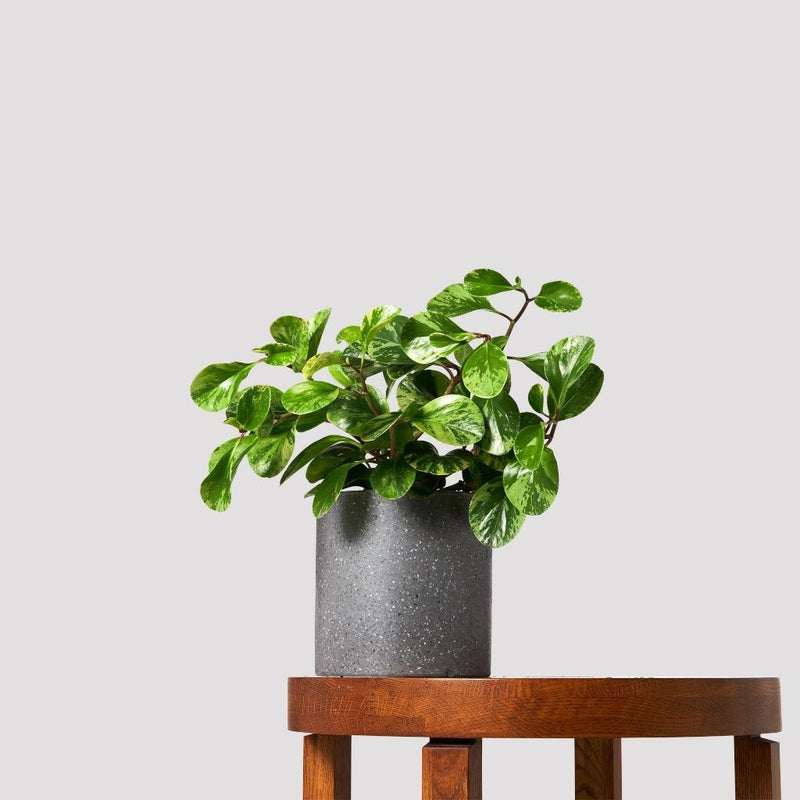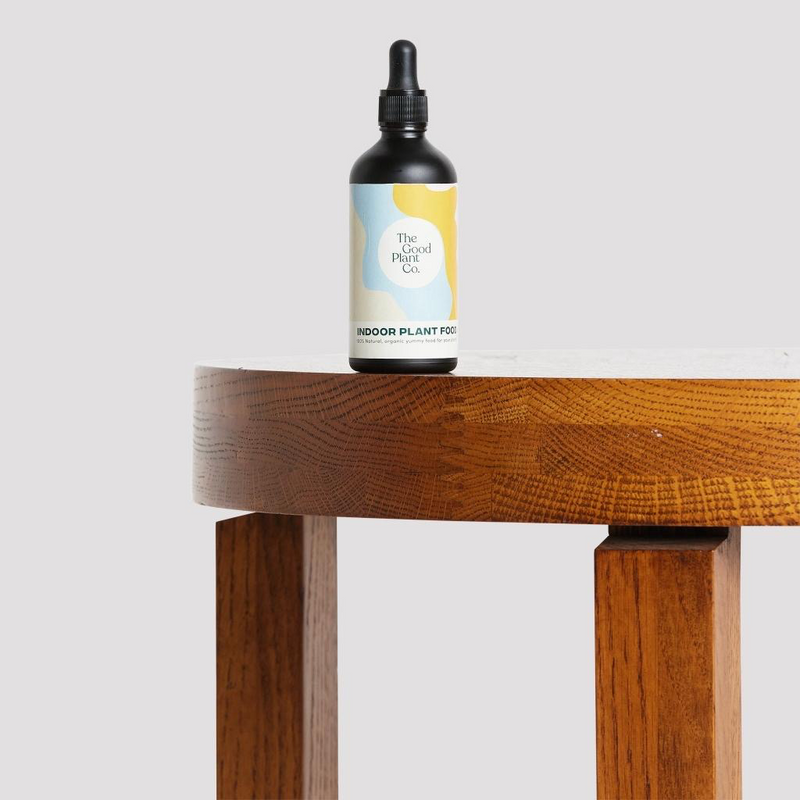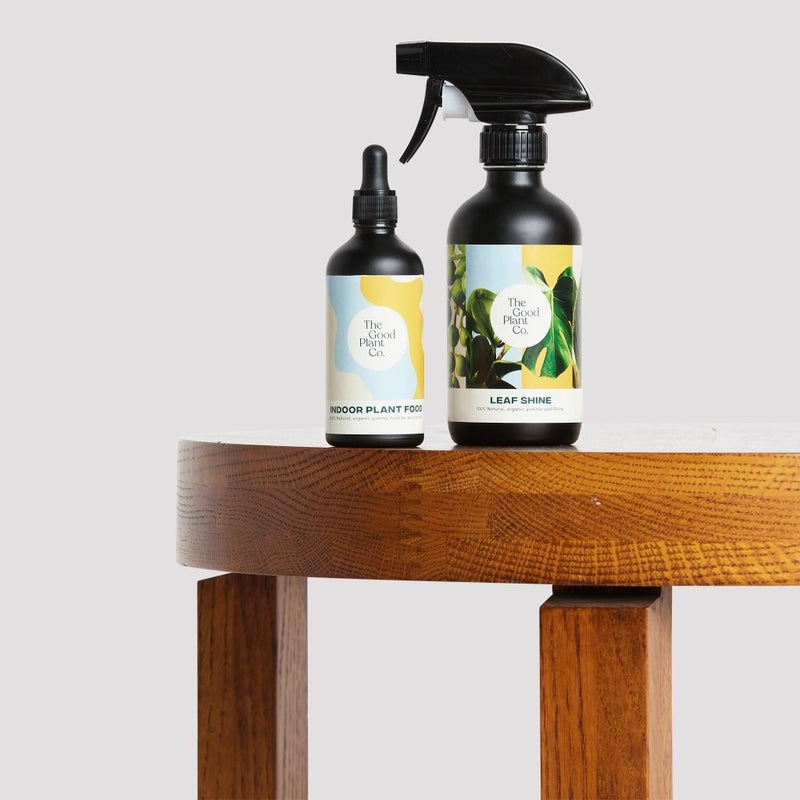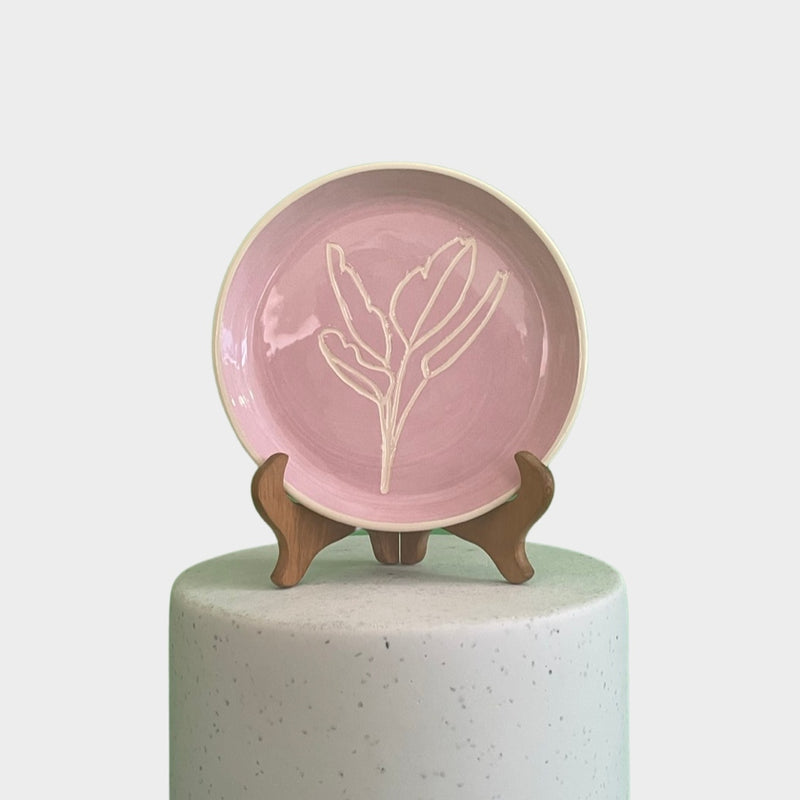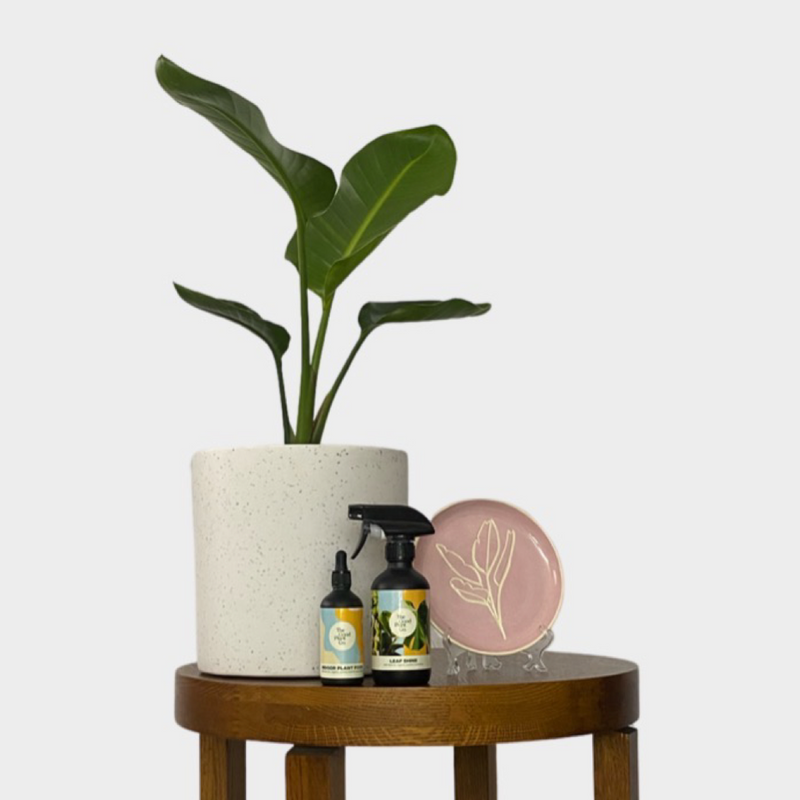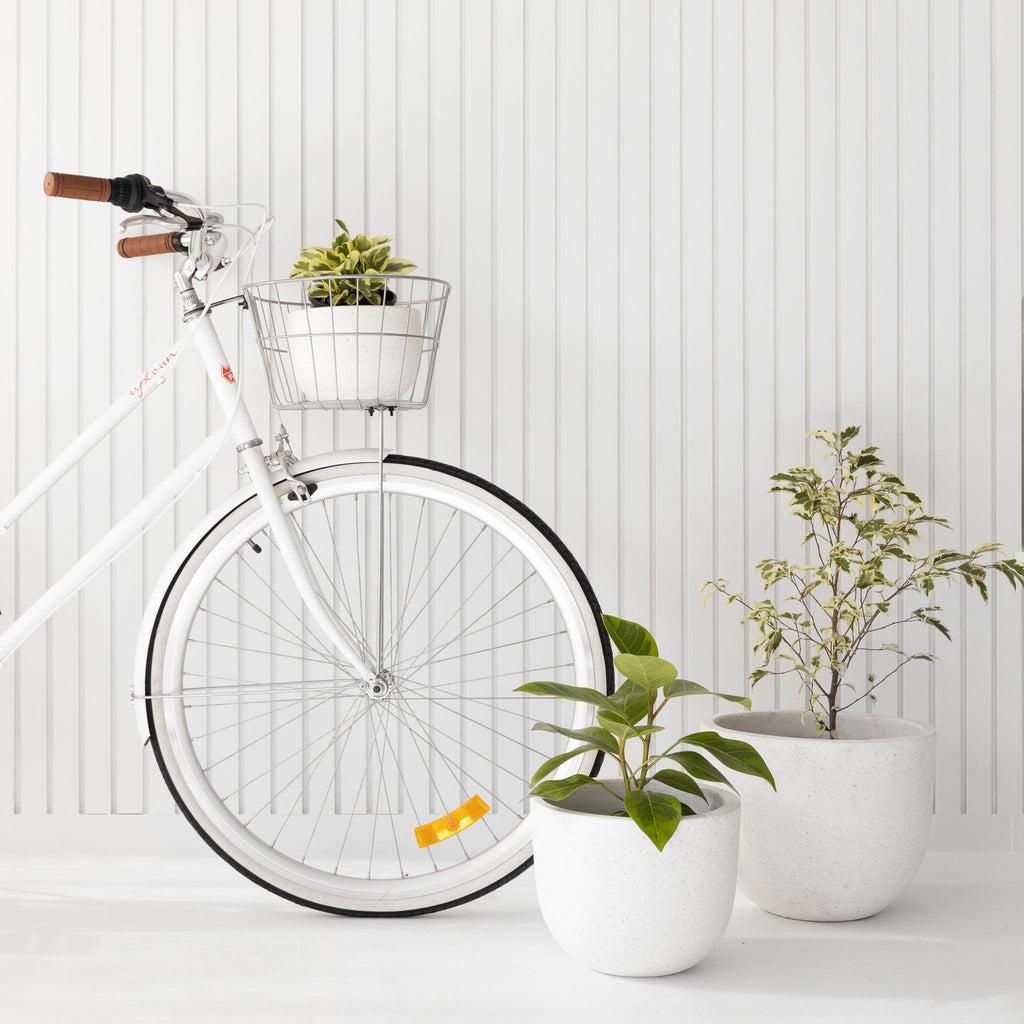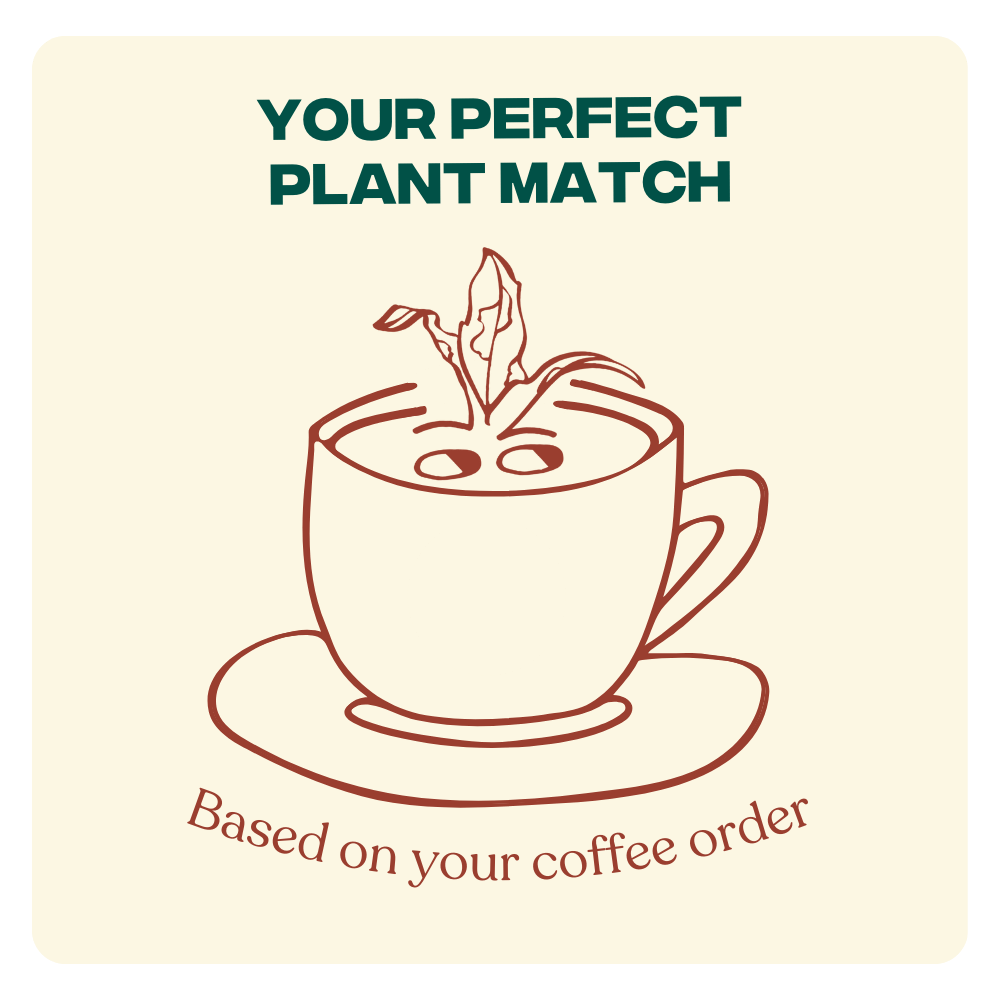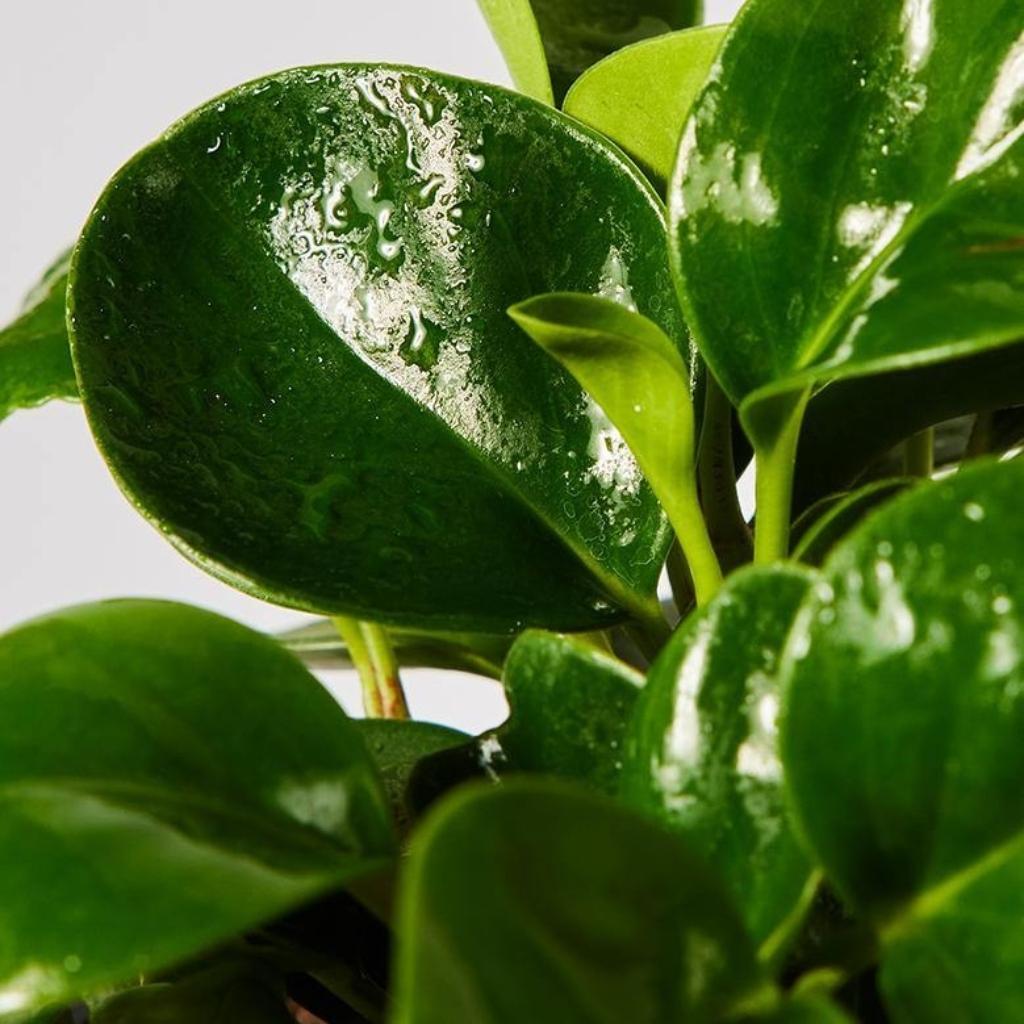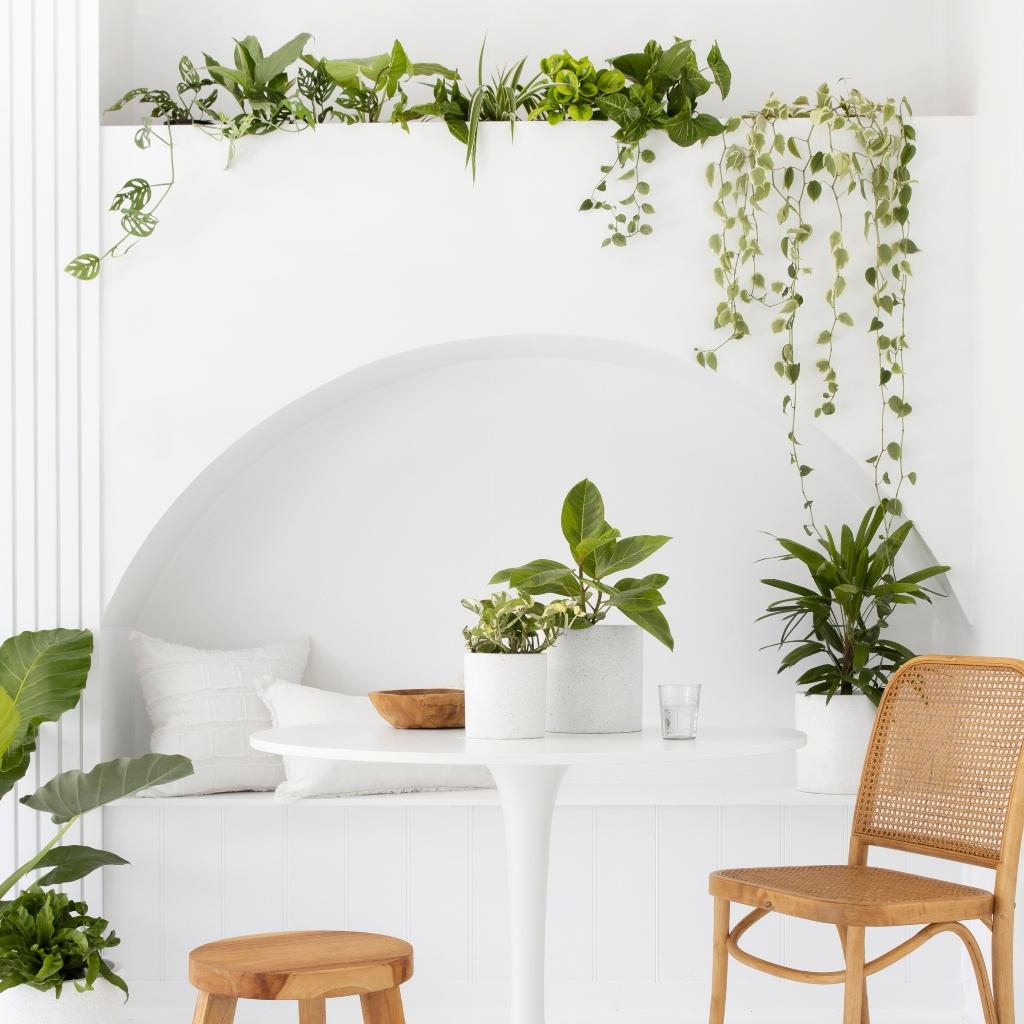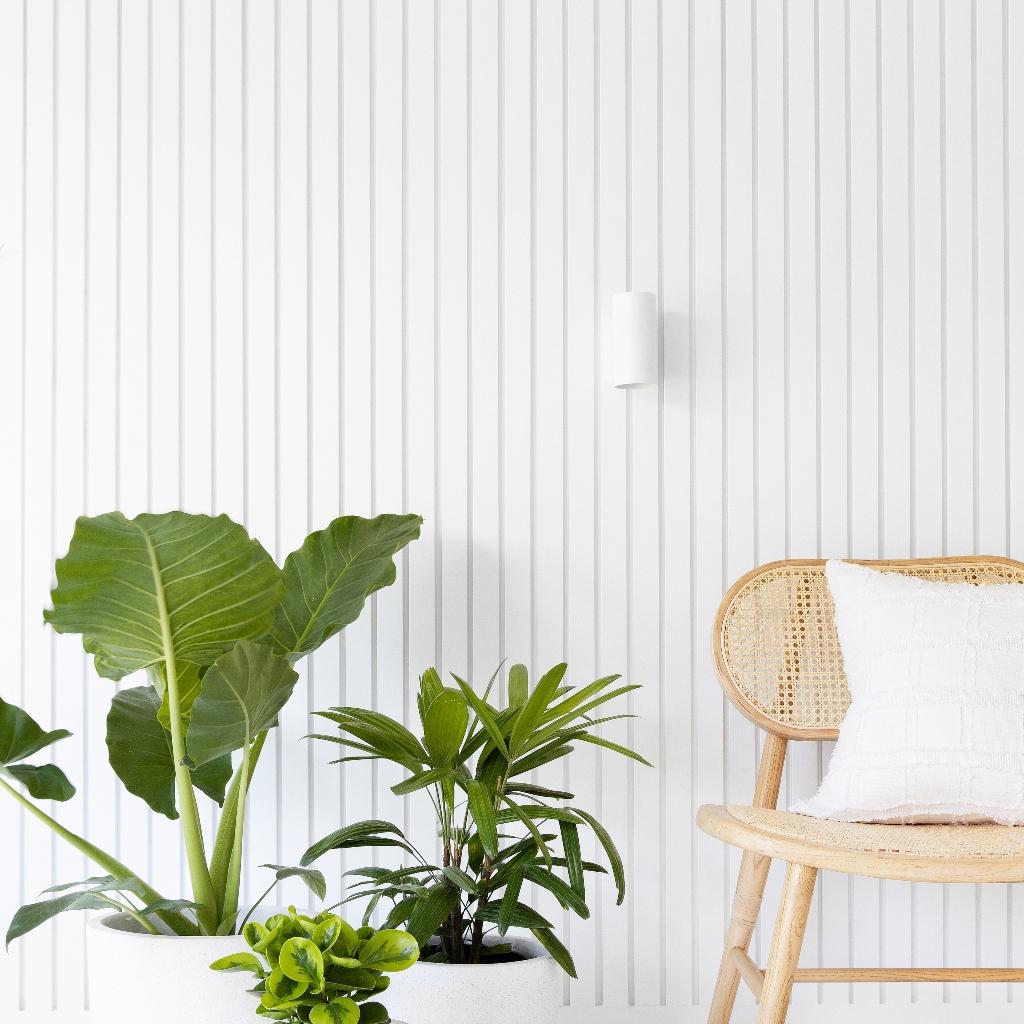Houseplants have always been popular, plant mums stood up and shared their love of indoor plants during the pandemic and ever since, the indoor plant nursery industry is booming. There are countless benefits of having indoor plants but if you're new to the bandwagon and don't know if you have the right skills for it, don't fret. This guide covers everything you need for better plant parenting.
Plant Parenting 101
Plant parenting is a colloquial term that refers to anyone who cares for plants in the same way they do for pets or family members. It is a new term for having a green thumb.
There are countless benefits such as boosts in mental and physical health and making your home a more fresh space - the list goes on. Make sure you follow the tips on how to become a better plant parent to achieve these benefits.
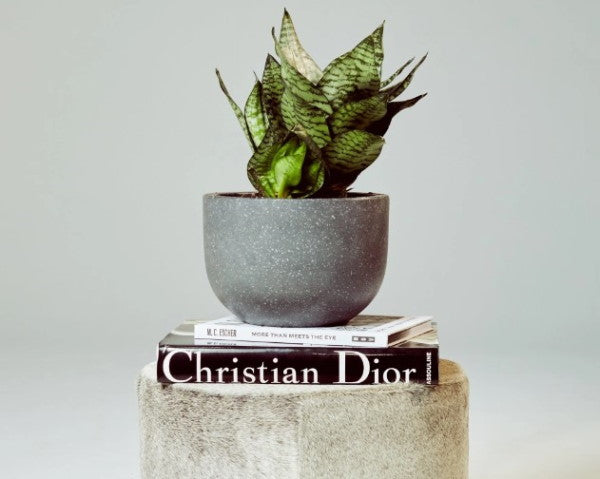
7 Tips for Better Plant Parenting
1.Choose a Low-Maintenance House Plant
You need to start small – figuratively and literally speaking. You want to be able to own plants that are smaller because they are also easier to maintain and care for. There are many types of low-maintenance plants to choose from such as snake plants, monstera, ferns, etc.
When choosing what plants to care for, keep in mind the climate and the room conditions that the plant will be living in and do some research before you buy.
2. Different Plant, Different Routine
Not all plants are the same, some will require more care than others, after researching you will be able to get to know your plant by its physical appearance week. Understanding different light conditions, soil types and humidity needs will help you to care for your plant so that it can thrive.
3. Fight the Urge to Overwater Your Plants
Over-watering is a common mistake that plant parents are guilty of committing. This mistake could be easily avoided. Not all plants need to be watered often. Some will need watering once a day while others need more consistent watering. Pay attention to the soil and leaves of the plant before you water them. Once the leaves are drooping or it becomes yellowish or brown, it's easy to mistake it for dehydration.
4. Plants Need Light and Humidity
The strategic positioning of your plants at home is critical to keeping them alive and healthy. Your plants need sunlight, so make sure to position them somewhere that they can get moderate sunlight during the day. Some of the best spots for this are near the window or doors where light can penetrate through.
5. Invest in the Right Tools
Some of the most essential tools in your plant parenting arsenal are watering cans and scissors but depending on the type of plant. you might need additional tools based on the unique caring requirements for your specific plant/s at home.
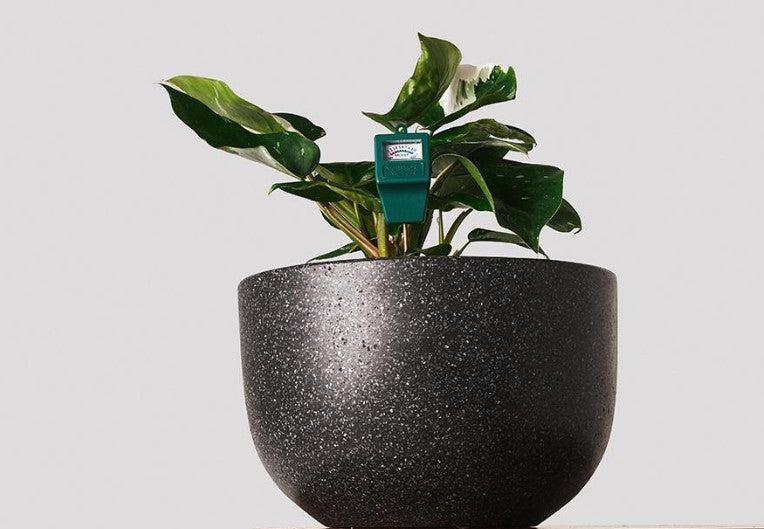 6. Keep Your Plants Nourished
6. Keep Your Plants Nourished
When you plant arrived it will have been freshly re-potted prior to shipping so you will not need to re-pot straight away. It is important to invest in quality indoor plant food with adequate vitamins and minerals for your plant to stay healthy.
7. Be Patient
Patience is an important skill to possess as a plant parent. Taking care of your plants requires time and commitment. Make sure to give it proper care daily, and you will be rewarded in your journey.
Plant parenting is not as demanding as caring for a pet or a child. However, they do need proper care and attention to grow. Any plant parent would tell you that it's totally worth it and there are so many benefits of caring for plants and having them indoors.
Follow the tips above to help you in your plant parenthood journey and maximize the benefits of having them at home.




